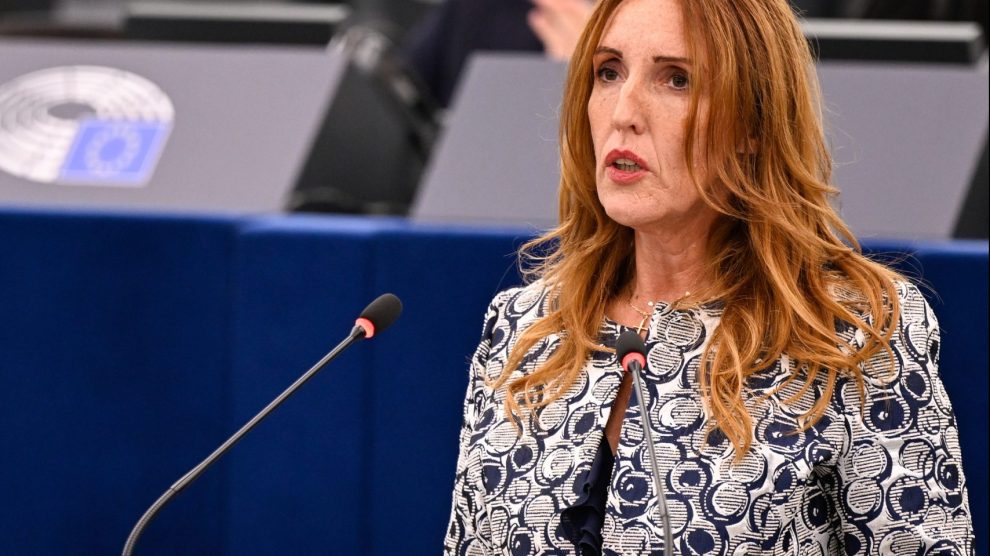Decoding the news. Elena Donazzan, an Italian MEP of the European Conservatives and Reformists Group and shadow rapporteur for the defence report, warned that the new European defence program risks channelling resources primarily to French companies, sidelining Italy’s industrial sector.
- Last week, Donazzan, a member of Italian Prime Minister Giorgia Meloni’s party, Fratelli d’Italia, and vice-chair of the Committee on Industry, Research and Energy at the European Parliament (ITRE), voted against the proposal.
- She argued that the restrictive eligibility rules would penalise Italian champions like Leonardo and damage alliances critical to European security.
- In an interview with our sister website Formiche.net, she pointed to “a strong French hand” steering the project, noting that five of the sixteen rapporteurs are French.
- “That alone showed where they were heading,” she said.
- The new rules impose eligibility thresholds that exclude third countries like Japan, the UK, and the United States—effectively narrowing participation to predominantly French companies.
Italians do it better. Italy’s industrial model relies on a broad, diverse supply chain that faces bureaucratic hurdles under the new framework.
- “We may meet the thresholds, but with longer response times, risking exclusion from key contracts,” Donazzan warned.
- She stressed that the system favours France’s centralised defence model at the expense of countries like Italy, whose ecosystems include numerous SMEs and dual-use industries.
Between the lines. Leonardo could face stricter scrutiny than Airbus because of minor foreign component sourcing, exposing Italian firms to “actions and excluded,” Donazzan said.
- “The French rapporteurs defended their national champions while we risk sidelining a dynamic, multisectoral industrial fabric.”
State of play. Donazzan’s concerns reflect broader tensions over Europe’s approach to industrial sovereignty.
- While Europe seeks to reduce external dependencies, its defence value chains remain deeply intertwined with non-EU players, including joint programs with Turkey, such as drone technologies, the Global Combat Air Programme (GCAP) with the UK and Japan and the continued dependence on US systems like the F-35 and its future upgrades.
Europe’s industrial push needs more America. As Europe aims to reinforce its autonomy, cutting ties with key external partners could backfire.
- Europe’s defence and technology sectors rely heavily on American innovation, critical materials, and investment.
- Strategic openness toward the US is essential for scaling up production and competing globally, particularly against China and Russia.
Reality check. “Without pragmatic cooperation,” Donazzan argued, “Europe’s defence ambitions risk stagnating, and our allies—not only the US—will be alienated.”
What we’re watching. Donazzan emphasised that her ‘no’ vote is meant to influence upcoming negotiations among member states.
- “Defence is a national prerogative, not an EU competency,” she stressed.
- “If we follow the French-driven plan, we won’t be ready—and we’ll have betrayed the alliances that underpin European security.”




